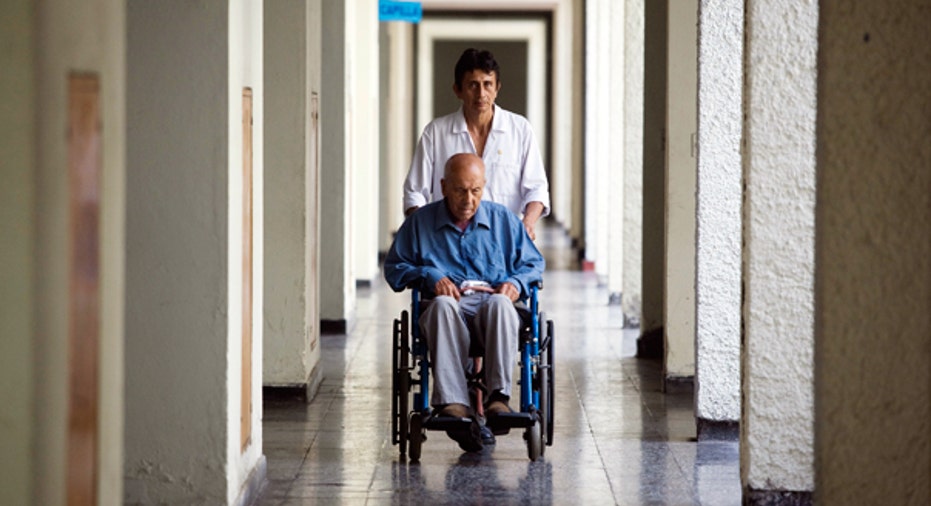Health-Care Tips Every Boomer Needs to Know

With 11,000 baby boomers becoming eligible for Medicare every day, according to government projections, the number of people who can afford to access doctors and hospitals is rising significantly, adding more pressure to an already-strained health-care system.
For some 65 year olds, Medicare is their only insurance source; for others it will improve and supplement their access and coverage.
Patient advocate Ruth Fenner Barash says new and improved health care coverage is always a good thing, but warns that the U.S. health-care system is not always the benevolent safety net many people believe it to be, especially for people dealing with problems associated with aging.
"Patients and their loved ones cannot blindly turn themselves over to this massive, technology based system and trust that it will care or take care of them," says Barash, who wrote For Better or Worse: Lurching from Crisis to Crisis in Americas Medical Morass (http://forbetterorworsebook.com).
Her book chronicles the long medical journey her husband, Philip, endured with her as his advocate. On the tail, she discovered mismanagement and excess, useless interventions and a sometimes complete disregard for pain even when there was no hope of healing.
"I learned a great deal from our experience, and I want others to benefit from what I’ve learned," she says.
Barash offers the following tips for boomers and their loved ones, to deal with medical problems:
Tip No.1: Avoid the Emergency Room if You Can
Barash says her experience proved emergency rooms were developed with the idea that few people would use them; most people would see their physician. But as health-care costs rose, ERs became a primary-care facility for the uninsured or those looking to pay for services out of pocket.
She points out that ERs were not created for patients to spend a lot of time in, presumably, they would be seen quickly and be either admitted to the hospital or treated and released.
ERs are not designed for comfort, she adds. “They've become very crowded, especially in cities, and patients might wait for hours sitting on hard plastic chairs or even standing in a chaotic emergency room.”
Tip No.2: Question Everything -
Too often, we take the first thing a doctor tells us as gospel. That can be a mistake.
Barash recommends that if you have the luxury of time, think through the treatment options, do your own research and get second opinions.
“Research your physician's connections. When you are referred to a specialist, ask why that particular person. If you live in an area with a large academic community, ask around about the physicians and health-care providers with the best reputations.”
Tip No.3: Always ask for the Cost—No Matter Who is Paying
“Our health-care system is absurd in the number of useless consultations, diagnostic procedures and interventions it foists on patients,” Barash says.
Even though Medicare and possibly a supplementary insurance will be picking up the tab, every patient should discuss cost with their health-care provider.
“We want to keep Medicare available for the millions behind us turning 65, and fraud is rampant. We need to question purchases and prices just as we do when shopping for groceries, clothing, or furniture. If a test or consultation is ordered, understand why, Is it really necessary? You can say no.”



















